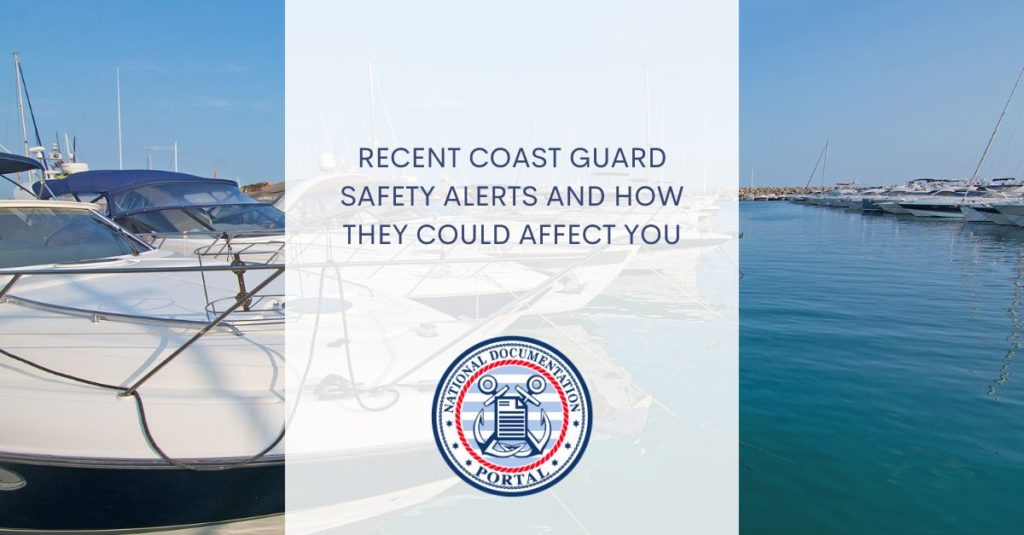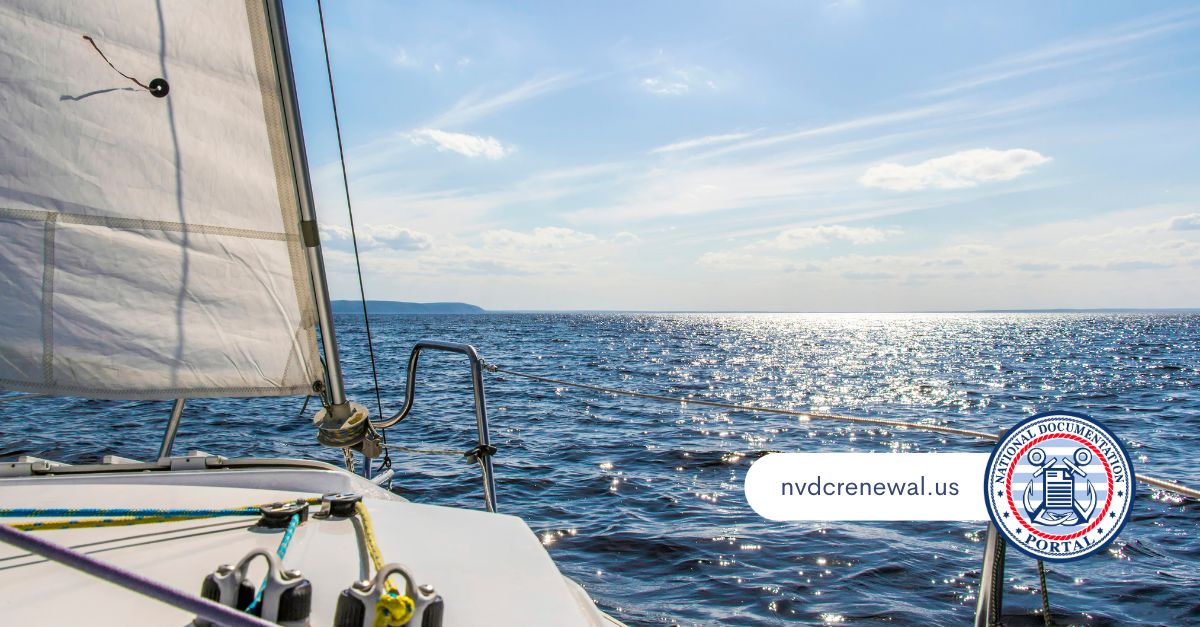Do you keep up with Coast Guard safety alerts? Do you check them every now and then before you go out on the water? It’s entirely likely that you don’t. That said, it can be worth it to check in with them from time to time. These alerts provide pertinent information that may not be helpful for every single vessel operator, but there are vessel operators for whom these will be necessary to hear. Below are summaries and key points from recent alerts as collected by our vessel documentation site.
The One Thing People Often Forget About Inflatable Boats
Inflatables have long been a mainstay of summer fun. Whether it’s going out in an inflatable boat with friends or family, towing one behind a boat for fun on the waves, or just anchoring one in the water, they can be a good time for folks of all ages. That said, it can be all too easy to overinflate, to overpressure, which can take a good time and make it a potentially dangerous situation. To that end, the Coast Guard recommends following manufacturer recommendations “to a T” (so to speak) to give everyone a chance to have a fun and safe experience on the water.
Small Passenger Vessel Fires: An Ongoing Concern
According to the Coast Guard, a June 1, 2023 safety alert was issued “in response to multiple ongoing investigations being conducted by the U.S. Coast Guard and the National Transportation Safety Board into fires onboard two certificated small passenger vessels. Fortunately, there were no resulting injuries; however, both vessels sustained millions of dollars in structural damage.” The takeaway here is to not only manage anything potentially explosive but to examine the potential for such problems while docked.
Be Careful of Condensate When It’s Unseasonably Cold
Summer boating is warm weather boating, the time of year when everyone wants to get out on the cool water underneath the blazing sun. Yet, even in the American summer, not every single day is going to have a blazing sun. Some days are still going to be cold, especially depending on your geographic location. As such, condensate could form in the airlines that apply compressed air to a boat’s air-operated engine throttle and clutch control system. This becomes a problem when that condensate freezes, blocking the flow of compressed air or worse. Always identify where the compressed air systems are on your ship and verify that they are equipped with air-drying arrangements or similar solutions.
More Than Help With Coast Guard Safety Alerts
These are just some of the recent alerts. Again, they may not be necessarily applicable to your boating situation, but they can be beneficial for many. Indeed, that’s part of the reasoning we use for all of the vessel documentation forms available on our site. Sure, not all of them will be right for every boat, but just about every documented vessel and vessel owner can find something they can use right here.


